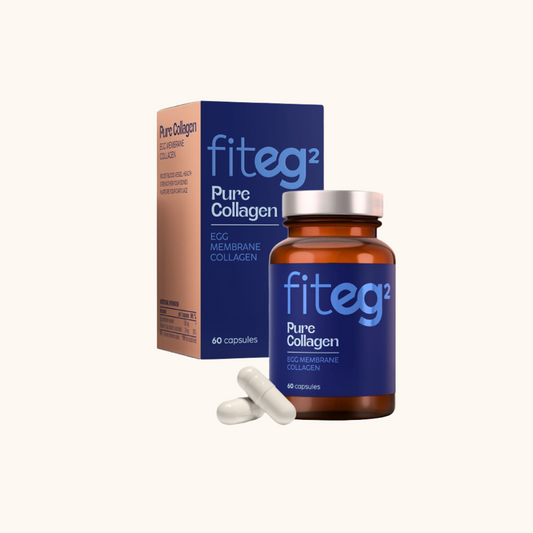Egg White vs. Egg White Albumin: Understanding the Difference
When it comes to egg-based proteins, terms like "egg white" and "egg white albumin" can sometimes be used interchangeably, but they refer to slightly different things. Knowing the difference between them can help you make more informed choices about your nutrition or protein supplements. Here's a quick breakdown:
What Is Egg White?
Egg white, also known as albumen, is the clear viscous liquid that surrounds the yolk inside an egg.
It makes up about 60% of the egg's total weight and is a rich source of protein, particularly for those looking for a low-fat, low-calorie option.
Egg whites contain all the essential amino acids, making them a high-quality source of complete protein.
What Is Egg White Albumin?
Egg white albumin, on the other hand, refers specifically to the proteins found within the egg white, with the most abundant being a protein called ovalbumin.
Albumin is the scientific term for this family of proteins, which are responsible for the many health benefits associated with egg whites, including muscle building, tissue repair, and immune support.
In nutritional supplements, "egg white albumin" typically refers to the concentrated protein extract from the egg white, often used in protein powders.
Key Differences
While "egg white" refers to the entire liquid portion of the egg minus the yolk, "egg white albumin" is specifically the protein content found within the egg white.
In supplements, egg white albumin is usually processed and purified to isolate the proteins, making it a highly concentrated protein source compared to raw egg whites.
As a result, egg white albumin is often found in protein powders, shakes, and other high-protein products like Fiteg2 Egg White Protein Powders.


